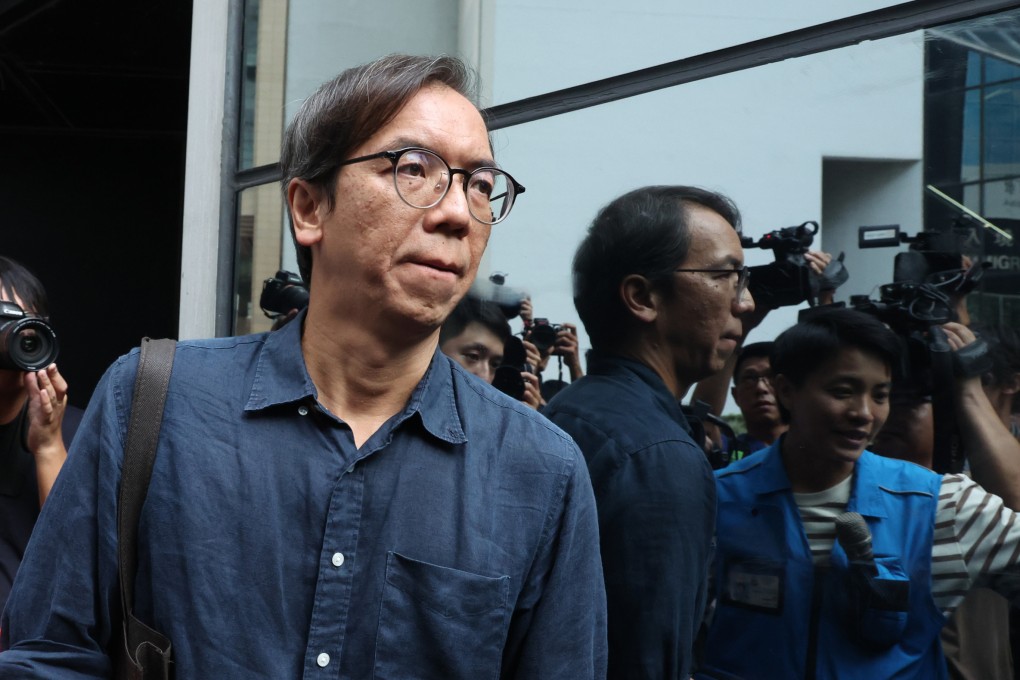How did Hong Kong judge decide Stand News was localist outlet used to smear Beijing?
Lengthy judgment in recent court verdict sets out danger posed by 11 seditious articles published amid tensions of 2019 social unrest

A 129-page judgment handed down by the District Court on Thursday sought to underline the danger posed by 11 articles published by the now-defunct portal and show the seditious intent of its co-founder and top editors since it was set up in December 2014.
The court also weighed in on what it said was the proper interpretation of a series of controversial events that took place before the enactment of the Beijing-decreed national security law in June 2020, concluding society was at risk of being thrown into disorder again in light of the febrile atmosphere and public’s distrust of the regime.
Former editor-in-chief Chung Pui-kuen, ex-acting editor-in-chief Patrick Lam Shiu-tung and Best Pencil HK, Stand News’ holding company, were found guilty of a joint conspiracy charge of publishing and reproducing seditious material, the first such conviction involving media professionals since the city’s return to Chinese rule in 1997.
The editors face being sent back to jail after spending up to 11 months being incarcerated pending the trial, and the company, which was unrepresented in the proceedings, may have its assets seized.
Judge Kwok Wai-kin, one of the few court officials selected by the chief executive to oversee cases under the security law, ruled people could be held liable for sedition if they intended to incite others or were being reckless about the consequences of their actions.
